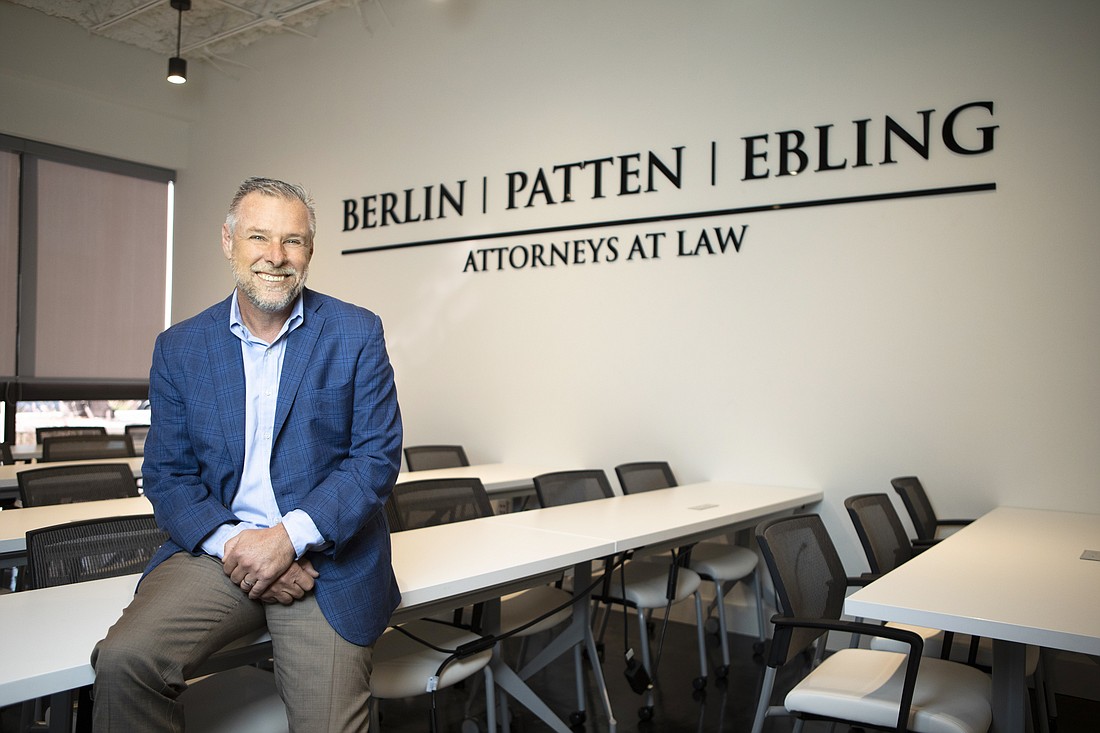- December 15, 2025
-
-
Loading

Loading

If Sarasota real estate attorney Evan Berlin switched specialties to trademark or patent law he might make a bundle, considering how many times he uses one line.
This is when one of his colleagues, from lawyers to paralegals, strolls into his office with a situation. “When people come in here and say ‘I have a problem,’ I turn it back on them and say ‘you don’t have a problem, you have a learning opportunity.’”